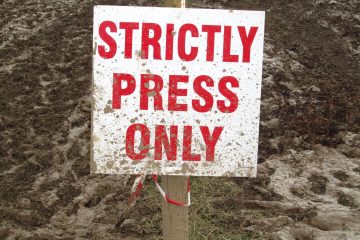So you probably know about THAT Forbes piece and the follow up article by the journalist responsible. Here’s some learnings in a list for easy absorption
Journalists make mistakes and sometimes these mistakes are missed by sub-editors and editors.
So when I first saw that Forbes had misreported that our Michael D was an ‘acknowledged homosexual’, I assumed it was a piece written by someone in the US who had gotten Norris and Higgins mixed up. I didn’t even consider it may have not passed through an editorial process.
Then I read/skimmed the Sunday Indo article by the Ireland-based journalist explaining the embarrassing situation. I was too quick to read, too quick to comment and my take out from it was the base rate for articles was approx €151 for four a month. So I retweeted the article with that added in.
Then I spotted other tweets about a clanger that had been left in, so I re-read. No, it’s not nice to say that you’re getting paid less than someone for a menial job when it’s your own choice to accept low payment rates. Actually it was on the third read that everything hit in and I saw more to the piece of writing.
The journalist says he hopes that other people can learn from his experience.
Here are some learnings I’ve put together based on his writing.
- Admit when you’re wrong.
- Rush jobs spell disaster. Short cuts make for long delays as Tolkien wrote.
- Provide clean copy. As the journalist may also be editor, sub-editor, fact checker and proofreader; it may help protect your own reputation.
- The landscape has changed in some places. Move (career/publication) if you don’t like what you see.
- If you are on one hand acknowledging you knew the score and still want to play a part in it, don’t blame the industry/publication/anyone. Don’t apportion blame.
- You’re the one in control of your own choices (for example, to put in long hours for little guaranteed pay).
- Get a calculator that works. €203 / 4 / 10 = €5.08 ph.
Any other tips you’d add?


